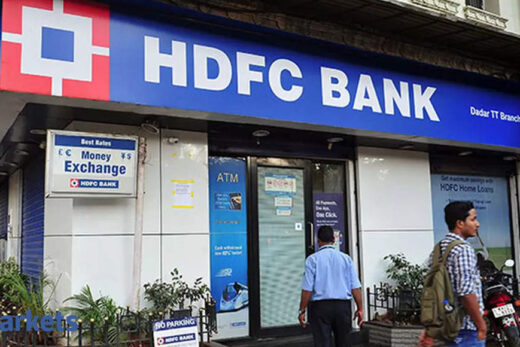In the year-ago quarter, the company had reported a consolidated net loss of Rs 9,894.3 crore due to similar write off of assets in JLR.
The company wrote down assets worth Rs 9,606.1 crore related to cancelled models at Jaguar Land Rover. Further, it bore restructuring costs worth Rs 5,388.2 crore related to the subsidiary. In summation, the total exceptional loss related to JLR stood at nearly $2 billion in the March quarter.
However, the company’s consolidated net loss was limited by the reversal of Rs 1,182.4 crore in impairments made by the company at the end of the previous financial year related to its Indian passenger car business.
On the topline front, the company’s performance was rather upbeat as consolidated revenues in the quarter ended March jumped 42 per cent on-year to Rs 88,628 crore, reflecting the favourable base effect. In the year-ago quarter, the company’s sales in India and at JLR suffered due to national lockdown at home, in Europe, the US and China.
The India business reported a 106 per cent year-on-year jump in revenues to Rs 20,046 crore in the March quarter, whereas sales at JLR surged 20.5 per cent to 6.5 billion pound sterling.
On the operating front, the company showed strength as Jaguar Land Rover reported a 910 basis points on-year expansion in operating margin to 15.3 per cent. The luxury carmaker was able to generate free cash in excess of 700 million pound sterling, in line with its revamped strategy.
The India business also reported a strong operating performance as operating margin expanded 1,370 basis points on-year to 7.8 per cent despite the rise in input costs. “The auto industry was deeply impacted by Covid-19 in FY21, but witnessed a steady growth in vehicle demand as the nationwide lockdown eased and pent-up demand came to fore supported by a steady recovery of the economy,” said Guenter Butschek, chief executive officer and managing director at Tata Motors.
Shares of Tata Motors ended 3.4 per cent higher at Rs 332 on the National Stock Exchange.



